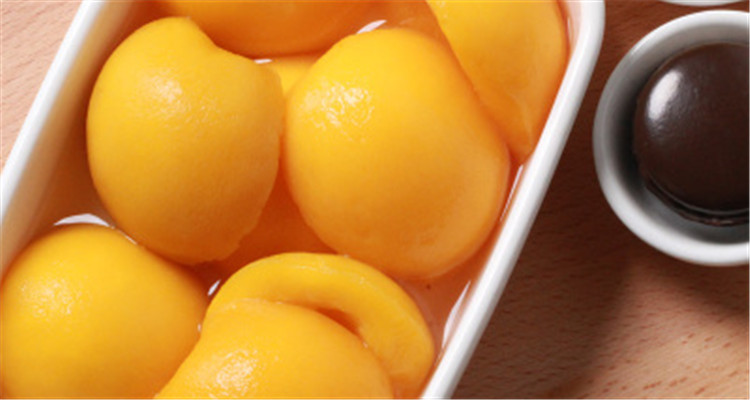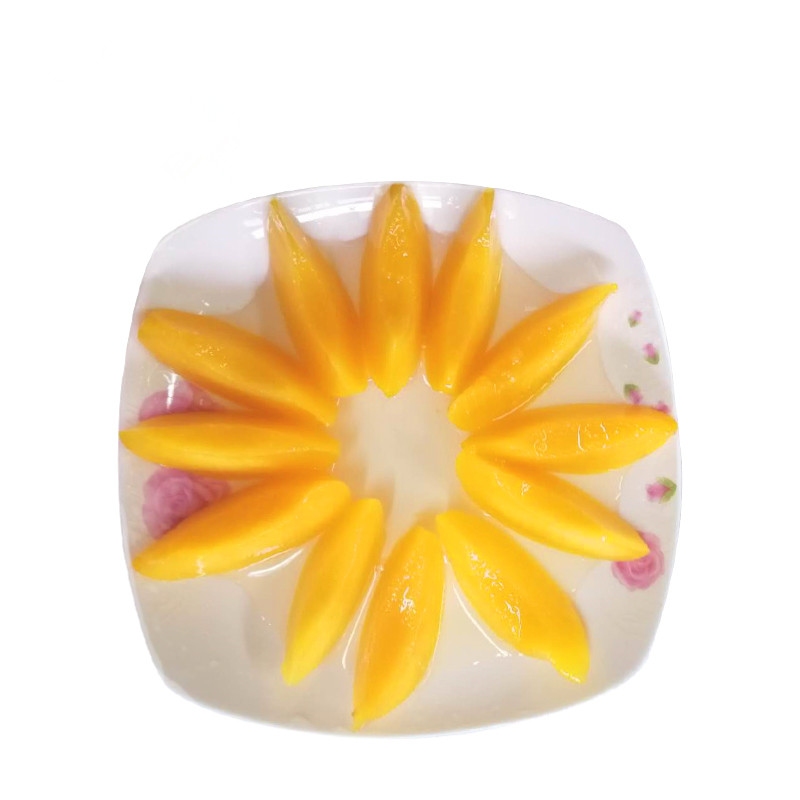Peanuts are hi calcium crops, and nitrogen, phosphorus, potassium and calcium are the four major nutrients needed by peanuts. According to research, 2.7 kg of calcium is required for each 100 kg of pods produced. Peanut seeds start to need calcium nutrition when they germinate, and appropriate supply of calcium, which is conducive to the development of roots, accelerate the metabolism of nitrogen, is conducive to the formation and fullness of pods, reduce the shell fruit, and improve the rate of achievement. If calcium is insufficient, the young stems will be yellow, the roots will be weak, and the plants will grow slowly, leading to a reduction in peanut production.
According to the author's survey, the peanut planting soil is generally thinner in soil, poorer in structure, lower in fertility, less in organic manure, and intensively planted in successive years, resulting in heavier calcium deficiency in soil, and the more severe the shortage of calcium, the longer the continuous cropping period. Many land plots have been connected for more than 10 years, which has seriously affected the improvement of peanut production and quality. Practice shows that the scientific use of calcium fertilizer is an important measure to improve the output and quality of peanuts. However, the ability of peanut roots to absorb calcium is low. The calcium needed for pods, 90% of the calcium is mainly absorbed by the fruit and fruit itself to meet. From the fruit needle to the results of the formation of more than 70 days, even if the underlying soil is not lack of calcium, but the calcium absorbed by the roots is also difficult to transport into the capsule. If the resulting calcium supply in the soil is insufficient, it will directly affect the formation of pods. If the calcium deficiency is light, there will be empty shells, and the rate of kernels will be reduced and the production will be cut. If the calcium deficiency is severe, the empty shell rate will rise sharply, causing a serious reduction in production.
The main reason for the empty shell of peanut is caused by calcium deficiency. As long as the scientific use of calcium fertilizer can solve the problem of peanut shell. Henan Academy of Agricultural Sciences, using gypsum in calcium-depleted calcareous soils, can effectively solve the problem of peanut shells. The effect of improving the output and quality of peanuts is very obvious. Each kg of gypsum can increase production of 1.6 kg of pods. The crops of the Chinese Academy of Agricultural Sciences were tested in Laiyang, Shandong, using superphosphate or calcium magnesium phosphate fertilizers of 5 to 10 kilograms per acre as seed fertilizers. The yield of mangoes increased by 16.5%, and the output rate of kernels increased by 1% to 2%. Gypsum is a kind of physiological acid fertilizer, and its main component is calcium sulfate. Besides supplementing peanuts with calcium, sulfur and other nutrients, it also has the effect of improving saline soil. Therefore, gypsum should be used on salt-alkaline soils that are deficient in calcium. Generally, 50 to 60 kilograms per mu are used as basal fertilizer. In the peanut flowering period, 25 kg per mu can be used as top dressing.
Acidic red soil is generally more calcium-depleted, using 50 to 60 kilograms of lime per acre as a base fertilizer, generally increasing production by more than 10%. In addition, calcium, calcium, calcium, magnesium, phosphate and other fertilizers can be used as peanut calcium fertilizers. Calcium fertilizers are mainly used as base fertilizers, and the dosage should not be too small, otherwise the increase in production is not obvious; nor can it be used too much. Too much will not only cause waste, but also damage the soil structure and reduce economic benefits.
Yellow Clingstone Peaches, peeled, pitted, Yellow Peahc Halves, slices and dices, In Heavy Syrup.
Fomdas control product quality and safety from raw material origins by planting fresh Ams Peaches. About 1/3 of fresh Yellow Cling Peach are picked from Fomdas own orchards, and the rest 2/3 are purchased qualified suppliers. We have strict and complete qualified supplier assessment system for new supplier assessment. Every piece of fresh raw material are pesticides and heavy metal residual tested before putting into production of Canned Peaches In Heavy Syrup. Moreover, all peaches are selected on appearance, color and maturity, they are processed at the peak of freshness.

Fomdas Peaches In Heavy Syrup is natural and healthy, they are gluten free and Non-GMO. It's a good source of Vitamin C, a perfect snack for both kids and adults.

Fomdas Sliced Peahces In Heavy Syrup is shelf-stable, with it, you can enjoy good taste of fresh peaches anywhere and anytime.
Peaches In Heavy Syrup, Yellow Peach Halves, Sliced Peaches In Heavy Syrup, Canned Peaches In Heavy Syrup, Yellow Clingstone Peaches
ZHEJIANG FOMDAS FOODS CO., LTD. , https://www.fomdasfoods.com